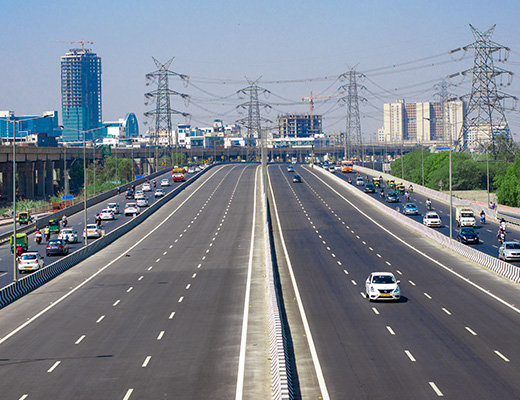Pipeline transportation is a vital component of modern infrastructure, enabling the efficient and reliable movement of various substances, such as oil, gas, water, and even solid materials. This article delves into the advantages of pipeline transportation, highlighting its economic, environmental, and safety benefits. By understanding the multifaceted advantages of this mode of transportation, we can appreciate its significance in today's interconnected world.
- Enhanced Efficiency:
Pipeline transportation offers unparalleled efficiency compared to other modes of transportation. Its advantages include:
a) Continuous Flow: Pipelines operate continuously, ensuring a steady flow of materials without interruptions. This eliminates the need for loading and unloading, reducing handling time and associated costs.
b) High Capacity: Pipelines have the ability to transport large volumes of materials over long distances. With their high capacity, they can efficiently meet the demands of industries, facilitating economic growth.
c) Reduced Losses: Unlike other transportation methods, pipelines minimize losses due to spillage, leakage, or evaporation. This not only preserves valuable resources but also reduces financial losses for companies.
- Economic Benefits:
Pipeline transportation contributes significantly to economic development. Here are some key advantages:
a) Cost-Effectiveness: Pipelines offer cost advantages over alternative modes of transportation. Once the infrastructure is in place, operating costs are relatively low compared to trucking or shipping. This cost-effectiveness translates into lower prices for consumers and increased profitability for businesses.
b) Job Creation: The construction and maintenance of pipeline networks create employment opportunities, both directly and indirectly. Skilled workers are required for pipeline installation, inspection, and repair, fostering economic growth and stability in local communities.
c) Long-Term Investment: Pipelines are long-lasting infrastructure investments that provide reliable transportation for decades. This stability attracts investors and encourages long-term planning, benefiting industries and economies.
- Environmental Sustainability:
Pipeline transportation offers several environmental advantages, making it a greener alternative to other modes of transportation:
a) Reduced Carbon Footprint: Pipelines emit fewer greenhouse gases compared to trucks, trains, or ships. By minimizing emissions, pipeline transportation contributes to climate change mitigation efforts.
b) Spill Prevention: Pipelines are designed with advanced safety measures to prevent spills and leaks. This proactive approach minimizes the risk of environmental contamination and protects ecosystems.
c) Land Conservation: Pipelines require a relatively narrow right-of-way, minimizing land disturbance compared to other transportation methods. This preserves natural habitats, agricultural land, and sensitive ecosystems.
- Safety and Reliability:
Pipeline transportation boasts exceptional safety records and reliability, offering advantages such as:
a) Reduced Accidents: Pipelines are less prone to accidents compared to other modes of transportation. With dedicated routes and advanced monitoring systems, the risk of collisions and incidents is significantly reduced.
b) Security: Pipelines are inherently secure, as they are underground or well-protected. This makes them less vulnerable to theft, vandalism, or terrorist attacks, ensuring the safe transportation of valuable resources.
c) Continuous Operation: Pipelines operate 24/7, providing a reliable and consistent supply of materials. This is particularly crucial for industries that rely on a steady flow of resources, such as energy production or manufacturing.
Conclusion:
Pipeline transportation offers a multitude of advantages, ranging from enhanced efficiency and economic benefits to environmental sustainability and safety. Its continuous flow, cost-effectiveness, and reduced environmental impact make it a crucial component of modern infrastructure. By recognizing and harnessing the power of pipeline transportation, we can build a more sustainable and interconnected world.

